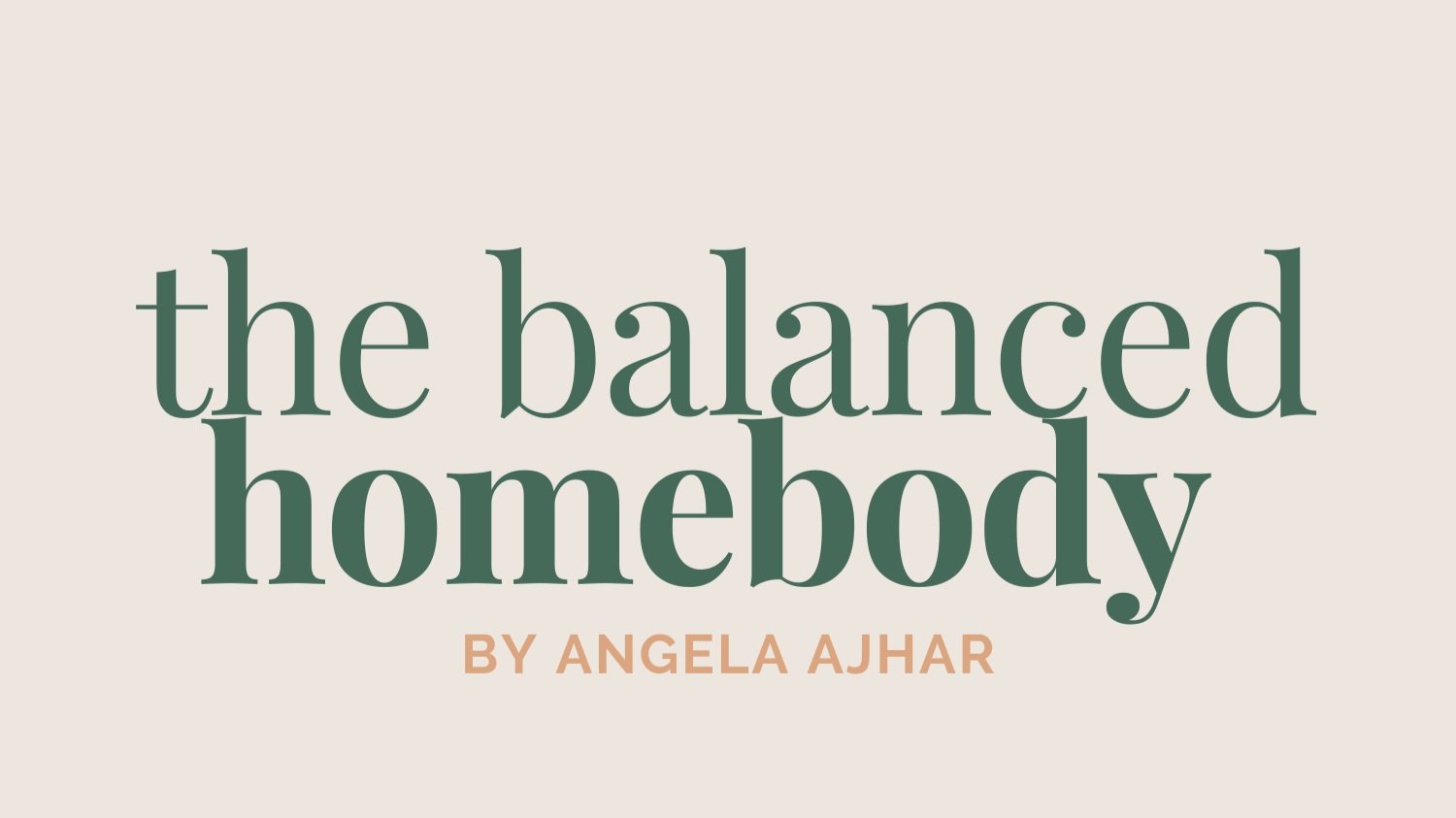Building an Emergency Nutrition Toolkit
In times of high stress, overstimulation, trauma, and grief, our body's messages may be temporarily offline. We may not receive biological or taste hunger cues, leaving it really challenging to decide what to eat. We may also be faced with a lot of tough decisions, and adding what to eat on top of that can be exhausting and feel impossible.
During these times, it can be helpful to have a plan for how to keep us nourished with minimal effort and thought.
You can use my template (download below) to build your own or simply jot ideas down as they come to you in your notes app. Even if these things feel obvious to you now, or you think you’ll remember, it can help to have it somewhere that isn't in your head so you’re able to easily pass it on to someone else to get these foods for you, or if you're in a state where recall is hard, you can reference it quickly without stress or effort.
Consider:
Meals and snacks that you can tolerate most of the time. These foods are consistently the same, dependable, simple, and palatable. For me, that's things like buttered noodles, tomato soup, avocado toast, crackers and cheese.
Low effort-to-nourishment ratio. Foods that can easily prepare, sustain you a while, and match your energy/bandwidth). That could be boiling water, microwaving, toasting something. They require easy prep (the more like muscle memory the better) and easy clean up.
Foods that you can access most of the time (nearby restaurants, shelf-stable, etc.)
Let’s try to lower our expectations of what meals can look like during this time. Our main goal is to be fed as often and as much as needed, whenever possible. So it’s okay if you have to push your nutrition goals and preferences to the back burner in order to get food in your body.
Remember that these periods of stress and emergency are often temporary. When we actively choose to zoom out and look at our eating habits over time instead of fretting over every meal (and adding to the burden we’re already under), we can start to realize that it really doesn’t matter if all you eat is mac and cheese for a week.
During these times, we’re often not in a place to connect with our bodies and taste isn’t really a priority. So we do the best we can to stay fed - to get the job done - without pressure or judgement.
If we have the capacity to think about nutrition in small ways, we can aim to lean into convenience and add nutrition where you can. Would adding microwaved frozen broccoli to the mac and cheese or pair a salad kit with the pizza feel manageable? If so, do it. If not, pocket the idea for another day.
I also can picture someone saying “I find cooking to be comforting so I will always want to make food from scratch in times of stress”. I hear that, I feel that way sometimes, too. Cooking can absolutely be a distraction and self-care, but only when we have the capacity to take it on.
I still want to encourage you to make a plan anyway. Remember that we don’t always get a warning when stress is coming, so we can’t always respond to it in the moment. There have been so many unprecedented stressors in the last few years. We know life can change in an instant and we have no way of predicting what we might face next. Planning ahead of time can be a wonderful form of self-care to help your future self when they’re struggling.
For more examples and to learn more about nutrition toolkits, download my free Building an Emergency Toolkit resource (pdf)!


